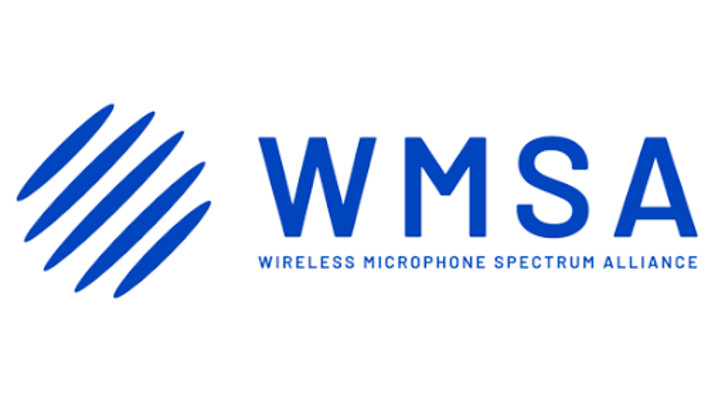House Consensus: Analog TV shutoff to end in 2008
The professional video industry's #1 source for news, trends and product and tech information. Sign up below.
You are now subscribed
Your newsletter sign-up was successful
There are few areas of agreement among members of Congress on how to end the DTV transition. One emerged from a hearing in the House of Representatives last week: The probable date for shutting down analog television service will be Dec. 31, 2008.
Calling that termination date now “pretty much frozen,” House Commerce Committee chairman Joe Barton (R-TX) said he plans in September to attach legislation providing that hard shutoff date to the budget reconciliation package.
Virtually all other key policies involving the DTV transition remain unresolved. Barton said he remains open to negotiation on all issues except the turnoff date, which he said is necessary because of budgetary considerations.
Barton said the House Budget Committee has instructed him to raise $14.7 billion through legislative changes, including $4.7 billion through the auction of radio-frequency spectrum.
At the House hearing last week, legislators and industry lobbyists clashed over the remaining issues involving a transition. A major obstacle is whether the government should subsidize the purchase of low-cost digital to analog converters for owners of existing television receivers.
Most Republicans on the committee expressed support for a limited subsidy program to help low-income families, while most Democrats urged that the plan cover all of the 21 million homes not connected to a pay television service.
Barton said he supported a limited subsidy, but noted that giving broadcasters until 2009 to switch off analog and accelerating a mandate that television manufacturers include digital receivers in new sets lessened the need.
The professional video industry's #1 source for news, trends and product and tech information. Sign up below.
His Republican colleague from Florida, Rep. Cliff Stearns, doubted the need for any assistance. Others were concerned they might be spurned by voters if some subsidy is not available. Rep. Bobby Rush, (D-IL.) said he’s confident they’ll have a subsidy, otherwise the legislation will be “dead on arrival.”
For television industry representatives, key questions at the hearing were when to require all television sets to include digital tuners and what kind of flexibility cable companies might have when it comes to downconverting digital television broadcasts so that analog television viewers will still be able to see them. They did not get answers from the legislators.
Broadcasters, represented by James Yager, CEO of Barrington Broadcast, said the 2008 selection date is “a very, very aggressive date.”
Asked by Rep. Anna Eshoo, (D-CA) on what date broadcasters would find the analog turnoff acceptable, Yager, who appeared on behalf of the NAB, said they support a date “that consumers will eventually accept.”
